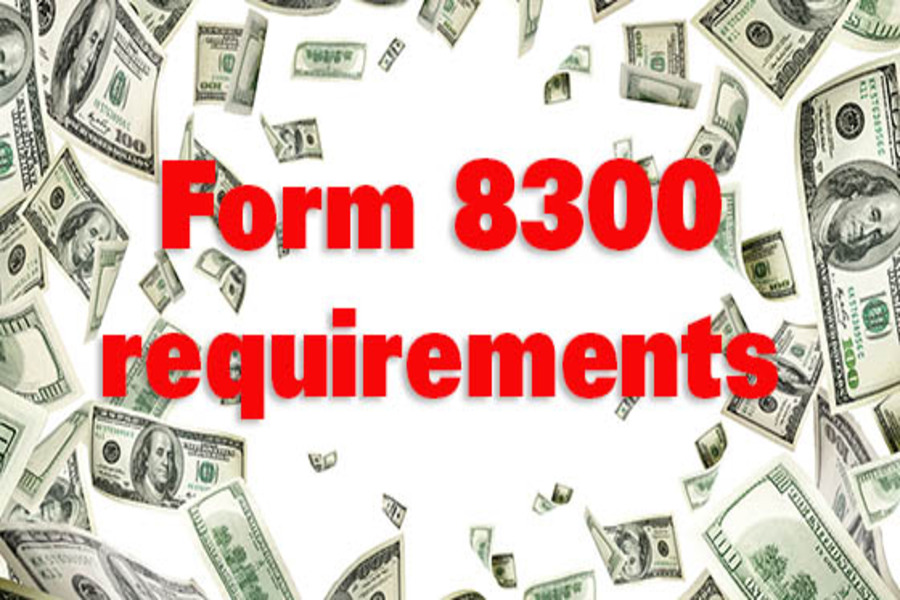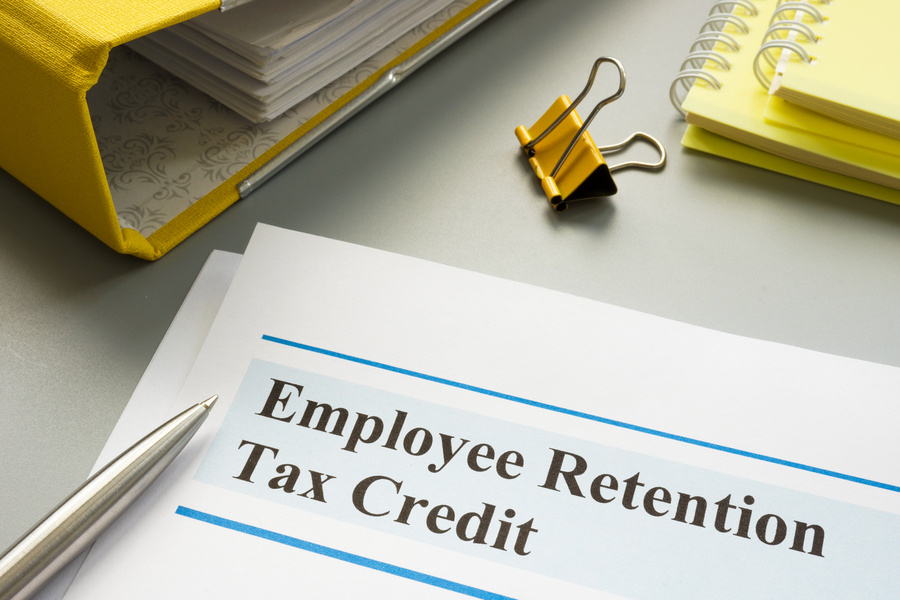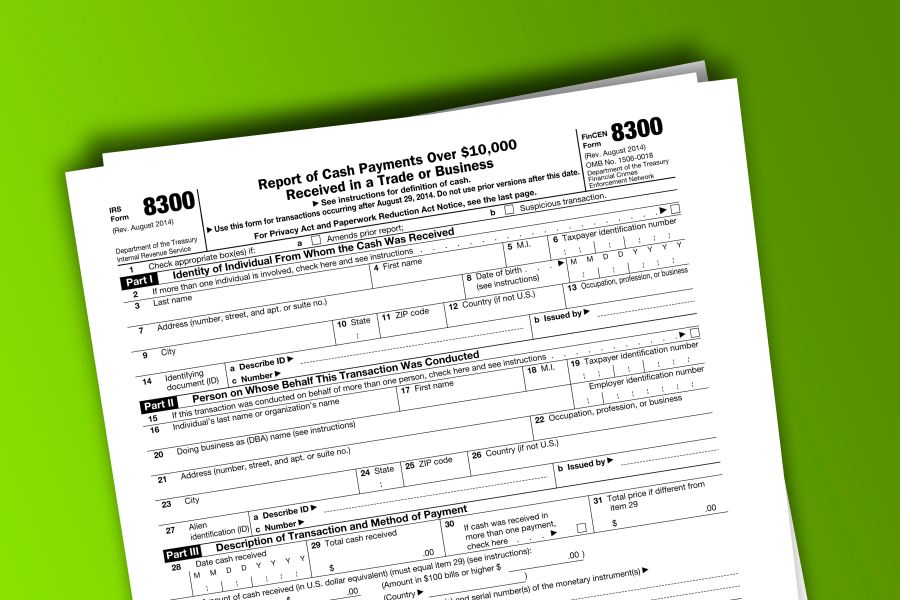Transaction databases contain the details of thousands of real-life public and private stock sales. They’re used by business valuators when they apply the guideline transaction method. This method — also known as the merger and acquisition method — is a subset of the market approach. It derives a company’s value from prices paid for companies engaged in the same, or similar, lines of business. Selection criteria Valuators start this methodology by filtering transaction databases based on specific selection criteria. These parameters affect which transactions the valuator analyzes. A minor change in the selection criteria can have a major impact on value. The most obvious selection criterion is the subject company’s Standard Industrial Classification (SIC) or North American Industry Classification System (NAICS) code. But valuators also might set parameters...

Do you use an automobile in your trade or business? If so, you may question how depreciation tax deductions are determined. The rules are complicated, and special limitations that apply to vehicles classified as passenger autos (which include many pickups and SUVs) can result in it taking longer than expected to fully depreciate a vehicle. Depreciation is built into the cents-per-mile rate First, be aware that separate depreciation calculations for a passenger auto only come into play if you choose to use the actual expense method to calculate deductions. If, instead, you use the standard mileage rate (65.5 cents per business mile driven for 2023), a depreciation allowance is built into the rate. If you use the actual expense method to determine your allowable deductions for a passenger...
When preparing a business valuation, quantitative data — from tax returns, financial statements, contracts and other sources — is important. But there’s more to a company than numbers. Qualitative factors also contribute to a company’s overall value. It isn’t always easy, however, to gain insight into qualitative aspects of a business’s operations. Websites and marketing materials can provide only limited insight. So there’s almost no substitute for conducting a one-on-one interview with a company’s owner or management team. Answering key questions Depending on why a business valuation is being sought, your valuator will ask a variety of questions during the management interview. Among other things, interviews usually provide answers to the following key questions about a company’s operations and outlook: Does the company have adequate management depth? A company’s...
In recent years, merger and acquisition activity has been strong in many industries. If your business is considering merging with or acquiring another business, it’s important to understand how the transaction will be taxed under current law. Stocks vs. assets From a tax standpoint, a transaction can basically be structured in two ways: 1. Stock (or ownership interest) sale. A buyer can directly purchase a seller’s ownership interest if the target business is operated as a C or S corporation, a partnership, or a limited liability company (LLC) that’s treated as a partnership for tax purposes. The now-permanent 21% corporate federal income tax rate under the Tax Cuts and Jobs Act (TCJA) makes buying the stock of a C corporation somewhat more attractive. Reasons: The corporation will pay less tax and...
The Tax Cuts and Jobs Act liberalized the rules for depreciating business assets. However, the amounts change every year due to inflation adjustments. And due to high inflation, the adjustments for 2023 were big. Here are the numbers that small business owners need to know. §179 deductions For qualifying assets placed in service in tax years beginning in 2023, the maximum §179 deduction is $1.16 million. But if your business puts in service more than $2.89 million of qualified assets, the maximum §179 deduction begins to be phased out. Eligible assets include depreciable personal property such as equipment, computer hardware and peripherals, vehicles and commercially available software. §179 deductions can also be claimed for real estate qualified improvement property (QIP), up to the maximum allowance of $1.16 million. QIP...
If you’re getting a divorce, you know the process is generally filled with stress. But if you’re a business owner, tax issues can complicate matters even more. Your business ownership interest is one of your biggest personal assets and in many cases, your marital property will include all or part of it. Transferring property tax-free In general, you can divide most assets, including cash and business ownership interests, between you and your soon-to-be ex-spouse without any federal income or gift tax consequences. When an asset falls under this tax-free transfer rule, the spouse who receives the asset takes over its existing tax basis (for tax gain or loss purposes) and its existing holding period (for short-term or long-term holding period purposes). For example, let’s say that under the...
The SECURE 2.0 law, which was enacted last year, contains wide-ranging changes to retirement plans. One provision in the law is that eligible employers will soon be able to provide more help to staff members facing emergencies. This will be done through what the law calls “pension-linked emergency savings accounts.” Effective for plan years beginning January 1, 2024, SECURE 2.0 permits a plan sponsor to amend its 401(k), 403(b) or government 457(b) plan to offer emergency savings accounts that are connected to the plan. Basic distribution rules If a retirement plan participant withdraws money from an employer plan before reaching age 59½, a 10% additional tax or penalty generally applies unless an exception exists. This is on top of the ordinary tax that may be due. The goal of...
Does your business receive large amounts of cash or cash equivalents? If so, you’re generally required to report these transactions to the IRS — and not just on your tax return. The requirements Each person who, in the course of operating a trade or business, receives more than $10,000 in cash in one transaction (or two or more related transactions), must file Form 8300. Who is a “person”? It can be an individual, company, corporation, partnership, association, trust or estate. What are considered “related transactions”? Any transactions conducted in a 24-hour period. Transactions can also be considered related even if they occur over a period of more than 24 hours if the recipient knows, or has reason to know, that each transaction is one of a series...
As appearing in IRS IR-2023-169 To protect taxpayers from scams, IRS orders immediate stop to new Employee Retention Tax Credit (ERTC) processing amid surge of questionable claims Concerns from tax pros, aggressive marketing to ineligible applicants highlights unacceptable risk to businesses and the tax system Moratorium on processing of new claims through year’s end will allow IRS to add more safeguards to prevent future abuse, protect businesses from predatory tactics; IRS working with Justice Department to pursue fraud fueled by aggressive marketing WASHINGTON – Amid rising concerns about a flood of improper Employee Retention Credit claims, the Internal Revenue Service today announced an immediate moratorium through at least the end of the year on processing new claims for the pandemic-era relief program to protect honest small business owners from...
As reported in IRS News Release IR-2023-157 The Internal Revenue Service announced that starting 1/1/2024, businesses are required to electronically file (e-file) Form 8300, Report of Cash Payments Over $10,000, instead of filing a paper return. This new requirement follows final regulations amending e-filing rules for information returns, including Forms 8300. Businesses that receive more than $10,000 in cash must report transactions to the U.S. government. Although many cash transactions are legitimate, information reported on Forms 8300 can help combat those who evade taxes, profit from the drug trade, engage in terrorist financing or conduct other criminal activities. The government can often trace money from these illegal activities through payments reported on Forms 8300 that are timely filed, complete and accurate. The new requirement for e-filing Forms 8300...











